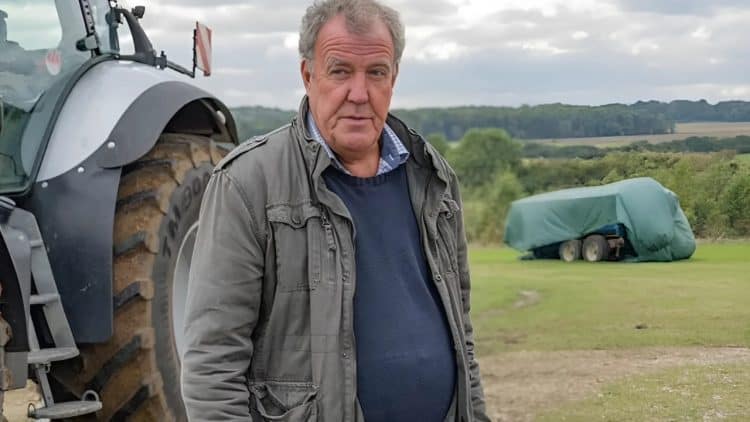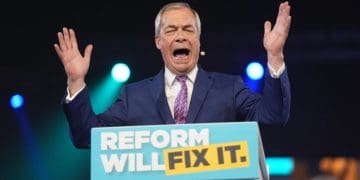A professor from the London School of Economics has highlighted how inheritance tax relief on farmland has mainly driven up land prices, with little benefit for working farmers.
How the Tax Loophole Raises Land Prices
Paul Cheshire, emeritus professor of Economic Geography, argues that the 1984 inheritance tax relief on farmland has inflated land prices without boosting the income of active farmers. He explains that, as tax planners saw its potential for avoiding inheritance tax, wealthy clients began investing in farmland.
Wealthy Figures Oppose New Tax Proposal
Millionaires such as Jeremy Clarkson and Sir James Dyson have criticised Labour’s proposal to tax combined business and agricultural assets above £1 million. They argue this change will harm family-run farms.
Treasury Assures Most Farms Unaffected
The Treasury reports that about 73% of farms won’t be impacted by this tax change. Still, there has been significant backlash from rural communities.
National Farmers’ Union Defends Tax Relief
Tom Bradshaw, President of the National Farmers’ Union, argues that the tax relief protects family farms, adding that British farmers “have nothing left to give.”
Professor Cheshire Counters This View
Professor Cheshire disagrees, saying the tax relief benefits wealthy landowners more than family farmers. He believes the policy encourages land-intensive farming, which worsens environmental issues.
Cheshire suggests that reducing the tax relief could benefit public finances and the environment without hurting genuine family farms. He even suggests that this relief should have been removed altogether.
You may also like: King Charles supports food charity with 76th birthday initiative







